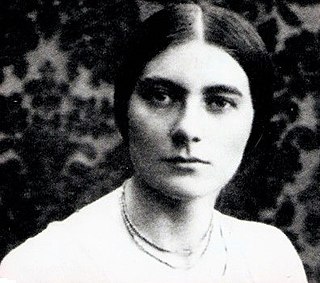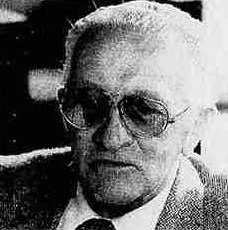Related Research Articles

Teodulo Mabellini was an Italian composer.
Giorgio Bàrberi Squarotti was an Italian academic, literary critic and poet. He taught at the University of Turin from 1967 until his death in 2017. He was considered to be one of the most important literary critics of his time.
Elio Battaglia, is an Italian baritone, singing teacher, and author and lecturer in music. He was the founder and director of the course entitled, Il Lied Tedesco, which ran in Acquasparta, Italy, from 1973 to 2005, and then in Turin from 2007 to 2008.

Elvira Casazza was an Italian mezzo-soprano opera singer. One of Toscanini's favourite singers, she was considered an outstanding interpreter of Mistress Quickly in Verdi's Falstaff during the 1920s and created several roles in Italian operas of the early 20th century.
Luigi Firpo was an Italian historian and politician, who was born and died in Turin.
The following is a timeline of the history of the city of Turin, Piedmont, Italy.

Domenico Morgante is an Italian musicologist, organist and harpsichordist.
Giampaolo Coral was an Italian composer.
Marco Magnani is an Italian economist.
Alberto Basso is an Italian musicologist and librarian.

Ferdinando Giorgetti was a composer, violinist, educator and Italian publicist.
Nino Valeri was an Italian historian.

Alessandro Felici was an Italian composer and violinist, not to be confused with his contemporary, Roman composer Felice Alessandri.

Anna Maria Brizio (1902-1982) was professor of art history at the University of Milan, a member of the Commissione Vinciana and an authority on the work of Leonardo da Vinci.

Giuseppe Albenga was an Italian civil engineer, professor of bridge construction, and historian of civil engineering.
Luigi Ferdinando Casamorata was an Italian composer and music critic.

Fabio Mengozzi is an Italian composer and pianist.

Massimo Mila was an Italian musicologist, music critic, intellectual and anti-fascist.
Riccardo Gandolfi was an Italian composer and music critic.

The Conservatorio Statale di Musica Giuseppe Verdi, also known as the Conservatorio Giuseppe Verdi or Conservatorio Torino and more commonly known in English as the Turin Conservatory, is a music conservatory in Turin, Italy. It should not be confused with the Milan Conservatory or Como Conservatory; schools which have also been known as the Conservatorio Giuseppe Verdi.
References
Notes
- 1 2 3 4 5 Bernardi, Marziano (13 March 1968). "Andrea Della Corte morto ieri a Torino". La Stampa (in Italian). Torino. p. 3. Retrieved 31 December 2014.
- 1 2 Mila, Massimo (14 March 1968). "Quanto debbono a Della Corte il gusto e la cultura musicale". La Stampa (in Italian). Torino. p. 13. Retrieved 31 December 2014.
- 1 2 3 Pestelli, Grove
- 1 2 La grande enciclopedia di Torino
Sources
- Pestelli, Giorgio (2001). "Della Corte, Andrea". In Sadie, Stanley (ed.). The New Grove Dictionary of Music and Musicians . Macmillan. ISBN 0-333-60800-3.
- Centini, Massimo, ed. (2003). "Della Corte Andrea". La grande enciclopedia di Torino (in Italian). Rome: Newton & Compton. ISBN 88-8289-906-3.